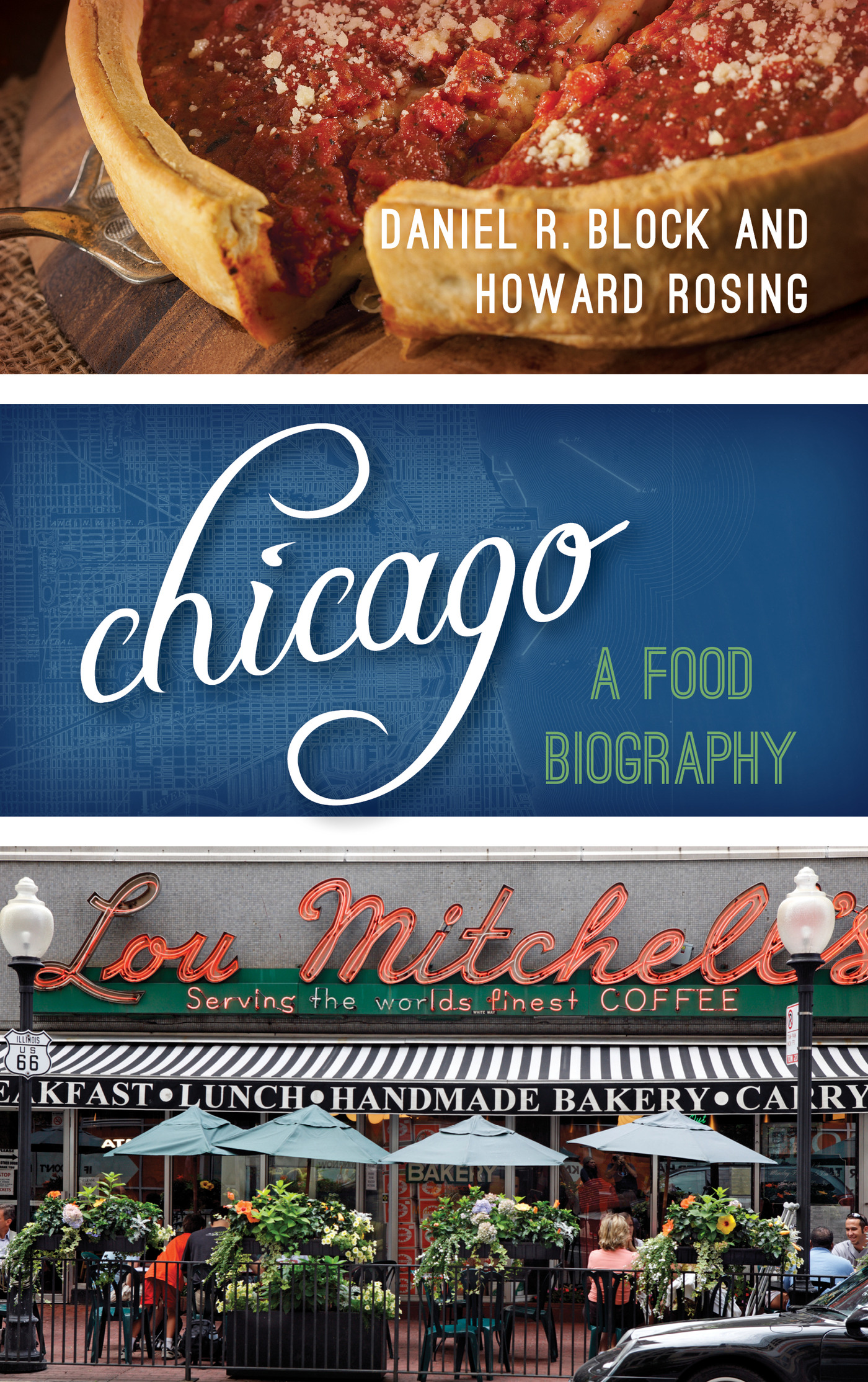Chicago
The Big City Food Biography Series
as part of the Rowman & Littlefield Studies in Food and Gastronomy
General Editor:
Ken Albala, Professor of History, University of the Pacific (kalbala@pacific.edu)
Rowman & Littlefield Executive Editor:
Suzanne Staszak-Silva (sstaszak-silva@rowman.com)
Food helps define the cultural identity of cities in much the same way as the distinctive architecture and famous personalities. Great cities have one-of-a-kind food cultures, offering the essence of the multitudes who have immigrated there and shaped foodways through time. The Big City Food Biographies series focuses on those metropolises celebrated as culinary destinations, with their iconic dishes, ethnic neighborhoods, markets, restaurants, and chefs. Guidebooks to cities abound, but these are real biographies that will satisfy readers desire to know the full food culture of a city. Each narrative volume, devoted to a different city, explains the history, the natural resources, and the people that make that citys food culture unique. Each biography also looks at the markets, historic restaurants, signature dishes, and great cookbooks that are part of the citys gastronomic makeup.
Titles in the Series
New Orleans: A Food Biography, by Elizabeth M. Williams (2012)
San Francisco: A Food Biography, by Erica J. Peters (2013)
New York City: A Food Biography, by Andrew F. Smith (2013)
Portland: A Food Biography, by Heather Arndt Anderson (2014)
Chicago
A Food Biography
Daniel R. Block and Howard Rosing
ROWMAN & LITTLEFIELD
Lanham Boulder New York London
Published by Rowman & Littlefield
A wholly owned subsidiary of The Rowman & Littlefield Publishing Group, Inc.
4501 Forbes Boulevard, Suite 200, Lanham, Maryland 20706
www.rowman.com
Unit A, Whitacre Mews, 26-34 Stannary Street, London SE11 4AB
Copyright 2015 by Rowman & Littlefield
All rights reserved. No part of this book may be reproduced in any form or by any electronic or mechanical means, including information storage and retrieval systems, without written permission from the publisher, except by a reviewer who may quote passages in a review.
British Library Cataloguing in Publication Information Available
Library of Congress Cataloging-in-Publication Data
Block, Daniel R., 1967
Chicago : a food biography / Daniel R. Block and Howard Rosing.
pages cm. (Big city food biographies series)
Includes bibliographical references and index.
ISBN 978-1-4422-2726-2 (cloth : alk. paper) ISBN 978-1-4422-2727-9 (electronic) 1. FoodIllinoisChicagoHistory. 2. Food industry and tradeIllinoisChicagoHistory. 3. GrocersIllinoisChigagoHistory. 4. RestaurantsIllinoisChicagoHistory. 5. Cooking, AmericanMidwestern styleHistory. 6. Chicago (Ill.)History. I. Rosing, Howard, 1965 II. Title.
TX360.U63C45 2015
641.59773'11dc23
2015011759
 TM The paper used in this publication meets the minimum requirements of American National Standard for Information Sciences Permanence of Paper for Printed Library Materials, ANSI/NISO Z39.48-1992.
TM The paper used in this publication meets the minimum requirements of American National Standard for Information Sciences Permanence of Paper for Printed Library Materials, ANSI/NISO Z39.48-1992.
Printed in the United States of America
Acknowledgments
This book could not have been written without the support of the authors colleagues and family and a wonderful group of librarians and archivists throughout Chicago. In particular, the authors would like to thank the librarians and archivists at the Chicago History Museum, the Harold Washington Library Special Collections and Preservation Center, and the Newberry Library. We also had assistance from individuals and organizations throughout the city. Raeanne Sarazen greatly assisted with cookbook research. Jill Niewohner assisted with recipe testing. Richard Block, John Owens, Amandilo Cuzan, Centers for New Horizons, and the Bronzeville Alliance Neighborhood Garden all assisted with images. Thank you to all. We also thank our editors and assistants at Rowman & Littlefield, including Suzanne Staszak-Silva, Wendi Schnaufer, Kathryn Knigge, and Joe Miller, and series editor Ken Abala.
In addition, Daniel Block would like to thank his colleagues and staff at Chicago State University for their support and assistance. Particular thanks go to Celia Francies, Mike Siola, Gebeyehu Mulugeta, Janet Halpin, Tekleab Gala, and Arthur Redman. Howard Rosing would like to thank all his colleagues at DePaul University for their support and encouragement, including the wonderful staff at the Steans Center, faculty in the Department of Geography, Department of Environmental Science and Studies, and Community Psychology Program, Caryn Chaden and the Office of the Provost, Euan Hague, Patrick McHaffie, Nila Ginger Hofman, Jacqueline Laz, Barbara Willard, and Susan Reed.
Most importantly, we thank our families for supporting us through the writing period. Daniel Block thanks his wife, Marta, his daughter, Madeline, and his son, Joey. Howard Rosing thanks his wife, Lisa Joy, and sons Joah, Levi, and Asher.
Introduction
In 1909, the Plan of Chicago, also called the Burnham Plan, was released to great fanfare. The plan, sponsored by the Commercial Club of Chicago, beautifully detailed a vision for a more livable and efficient Chicago, full of grand boulevards and plazas, as well as reconfigured and more efficient train stations, an improved harbor, and a series of forest preserves surrounding the city. A line of recreational islands was to be built along the Lake Michigan shoreline. While only some of these plans came to fruition, the Burnham Plan, and the 1893 Worlds Columbian Exhibition that inspired it, is famous in Chicago and elsewhere not merely for being innovative, but in its goals and size. The electrically lit White City of the Fair was meant to showcase Chicagos rebirth from the ashes of the 1871 fire that destroyed much of the city, and to announce itself as a world-class city on the order of New York and London. The Burnham Plan itself went further, predicting that Chicago would soon surpass New York as the largest city in the United States, and perhaps even become the largest city in the world.
Chicago never would become the largest city in the United States, much less the world. This was already clear to the writers of the citys second comprehensive plan, led by Daniel Burnhams son, in the late 1930s. Chicago is now the third largest city in the country, having dropped below Los Angeles in the 1990 census. After gaining population in the 1990s for the first time since the 1940s, the city lost two hundred thousand people during the 2000s. Chicago also suffered a perceived insult when its bid for the 2016 Olympics was not just defeated but eliminated on the first vote. Currently, it seems to be in the news mainly for a rash of youth violence that has done nothing to dissuade potential visitors from its hard-to-shake reputation as a violent city built on Prohibition-era gangsters such as Al Capone.
Despite the recent rash of bad news, Chicago is a world-class city, propelled at least somewhat by big thinkers like Daniel Burnham. It is not just the central city of the Midwest or an industrial center, but a global financial and cultural hub, recently ranked by urbanist Richard Florida as the worlds sixth most economically powerful city in the world. Chicago aims to not just rival but surpass New York and Los Angeles in many fields. Much of its financial power is built on the Chicago Board of Trade, the worlds largest derivatives market, which grew based on speculation on the future prices of Midwestern agricultural products. But Chicago is more than just a financial powerhouse. It is also a center of culture. Along with live theater, improvisational comedy, blues music, and architecture, Chicago is currently a center of innovation in fine dining, including the molecular gastronomy of Grant Achatzs Alinea, as well as a number of James Beard award winners and star chefs, including, among others, Rick Bayless, Graham Elliot, Carrie Nahabedian, Jean Joho, Stephanie Izard, and Mindy Segal. People come to Chicago to eat. While Chicago does house restaurants that focus on traditional cuisines, such as Jean Johos Alsatian Everest and Rick Baylesss Mexican Topolobampo and Frontera Grill, Chicago fine dining often involves pushing limits and combining tastes as well as capitalizing on the agricultural bounty of the Midwest, which particularly in the winter may involve root vegetables and game. The latter, as we shall see, allows for an ironic reemergence of a seemingly nouveau local cuisine that, unknowingly to most diners, has origins in the pre-European food landscapes of the surrounding Great Lakes region.

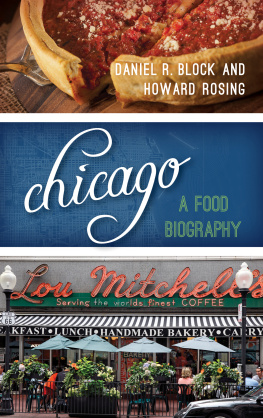
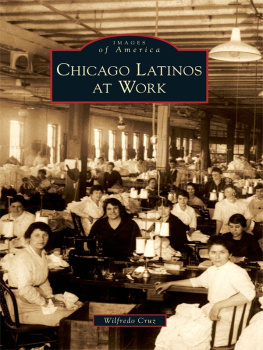
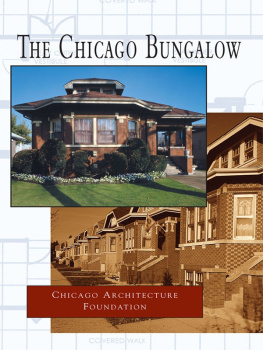

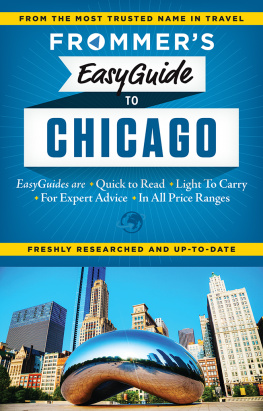
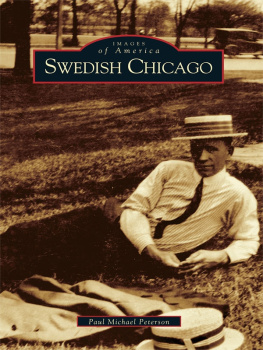
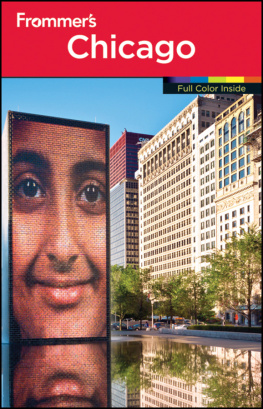
 TM The paper used in this publication meets the minimum requirements of American National Standard for Information Sciences Permanence of Paper for Printed Library Materials, ANSI/NISO Z39.48-1992.
TM The paper used in this publication meets the minimum requirements of American National Standard for Information Sciences Permanence of Paper for Printed Library Materials, ANSI/NISO Z39.48-1992.